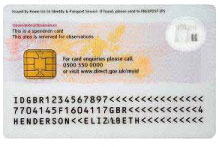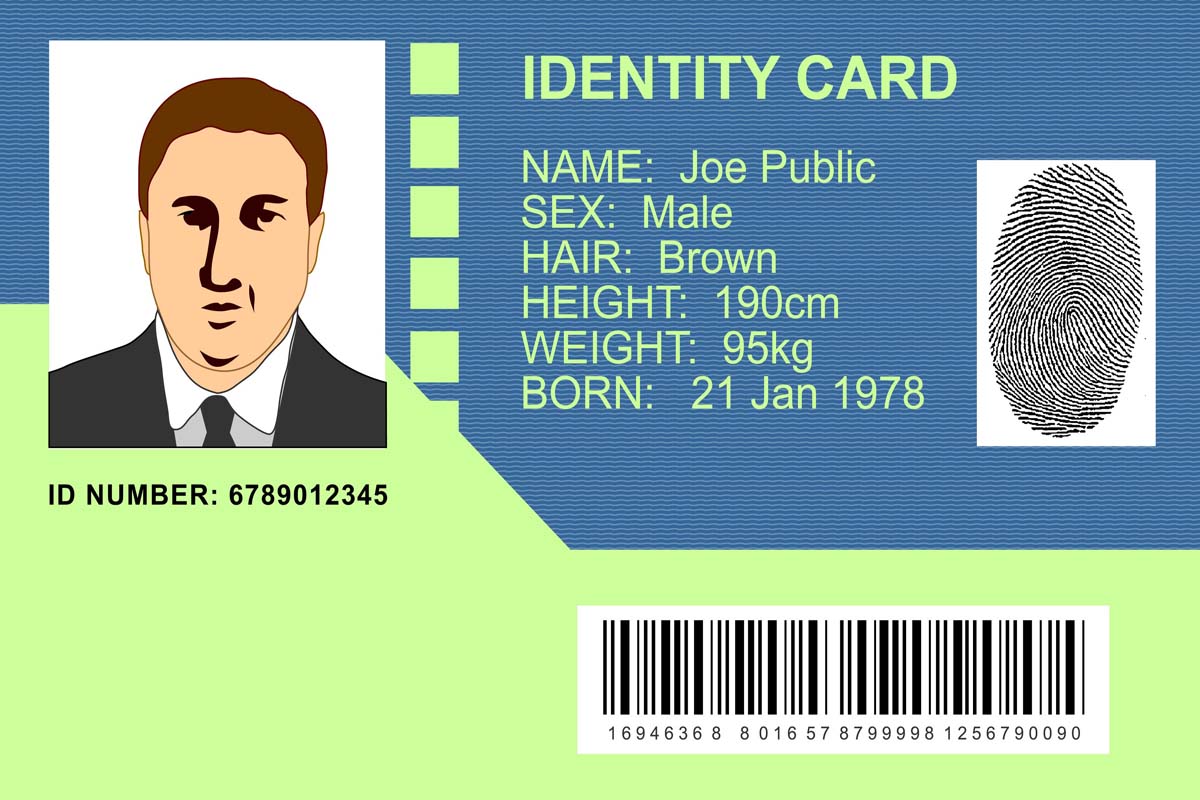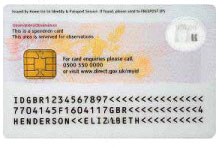The worst IT disasters of 2009
There were a lot of high points in tech this year, but some pretty big screw ups, too. Here are our top 10 IT failures of the year.

If we had a separate category for social media failures, Habitat's June campaign would be duking it out with Facebook's privacy controversy (see below) for the top spot. In June this year, the furniture retailer used Twitter "hashtags" to drive traffic to a website promoting its spring sale.
Fair enough, except that the company used unrelated tags, including "iPhone" and most controversially of all, the Iranian election.
Predictably, the campaign promoted a backlash among Twitter users. At Habitat, someone the company described as an "overenthusiastic intern" paid with his job.
Facebook privacy failures
Social networking site Facebook made the headlines several times during the year because of privacy issues. The most serious came towards the end of the year, when the site updated its settings, claiming to make them easier to use.
But the update changed users' own privacy settings to Facebook's pre-programmed "recommended" defaults, leaving millions of users' private information accessible to the public. Savvy users quickly changed their settings back, but not before Facebook had made it on to television news, for all the wrong reasons.
Digital Britain and the broadband tax
Sign up today and you will receive a free copy of our Future Focus 2025 report - the leading guidance on AI, cybersecurity and other IT challenges as per 700+ senior executives
In January this year, Lord Stephen Carter held out the promise of broadband for all by 2012. Subsequent clarifications revealed that the universal target was a relatively pedestrian 2Mbps, to be provided in part over cellular networks.
Other countries, meanwhile, left the UK in their wake: Sweden covers 10 per cent of its population with fibre broadband, and is testing speeds of 150mbps. Meanwhile, Chancellor Alistair Darling confirmed, in his pre-Budget report, that a 50p a month levy on phone lines will be used to fund the roll out.
-
 How the UK public sector could benefit from strategic channel partnerships
How the UK public sector could benefit from strategic channel partnershipsIndustry Insights Is the channel the answer to the growing cost vs budget problem facing the public sector?
-
 Microsoft wants to replace C and C++ with Rust by 2030
Microsoft wants to replace C and C++ with Rust by 2030News Windows won’t be rewritten in Rust using AI, according to a senior Microsoft engineer, but the company still has bold plans for embracing the popular programming language
-
 ID cards decommissioned
ID cards decommissionedNews Although few got on board with the scheme, any existing UK ID cards are now useless for proof of identity when travelling.
-
 Brown: ID cards needed to tackle immigration
Brown: ID cards needed to tackle immigrationNews In the second leaders' debate last night, prime minister Gordon Brown stuck to his guns when it came to ID cards and biometric passports.
-
 Clegg calls for ID cards to be scrapped in first TV debate
Clegg calls for ID cards to be scrapped in first TV debateNews UK politics took a step forward last night with its first television debate and digital Britain wasn't far from one of the prospective prime minister's lips.
-
 Government wants business ideas for ID cards
Government wants business ideas for ID cardsNews The government's created the infrastructure, now it's time for the public and private sector to come up with applications, according to minister Meg Hillier.
-
 Foreign nationals ID cards expedited
Foreign nationals ID cards expeditedNews Workers with a UK job-offer to get ID cards early, the government has confirmed.
-
 Government appoints first ID commissioner
Government appoints first ID commissionerNews Former Home Office employee Sir Joseph Pilling will be the independent watchdog for the ID card scheme.
-
 Week in Numbers: Stamping out spam?
Week in Numbers: Stamping out spam?News Research reveals that many viruses leave PCs within 24 hours, and Opera releases its third beta for its Opera 10 browser.
-
 Ditching ID cards would save more than £3 billion
Ditching ID cards would save more than £3 billionNews Kable has claimed that the fingerprinting aspect of passports alone will cost nearly one billion pounds.